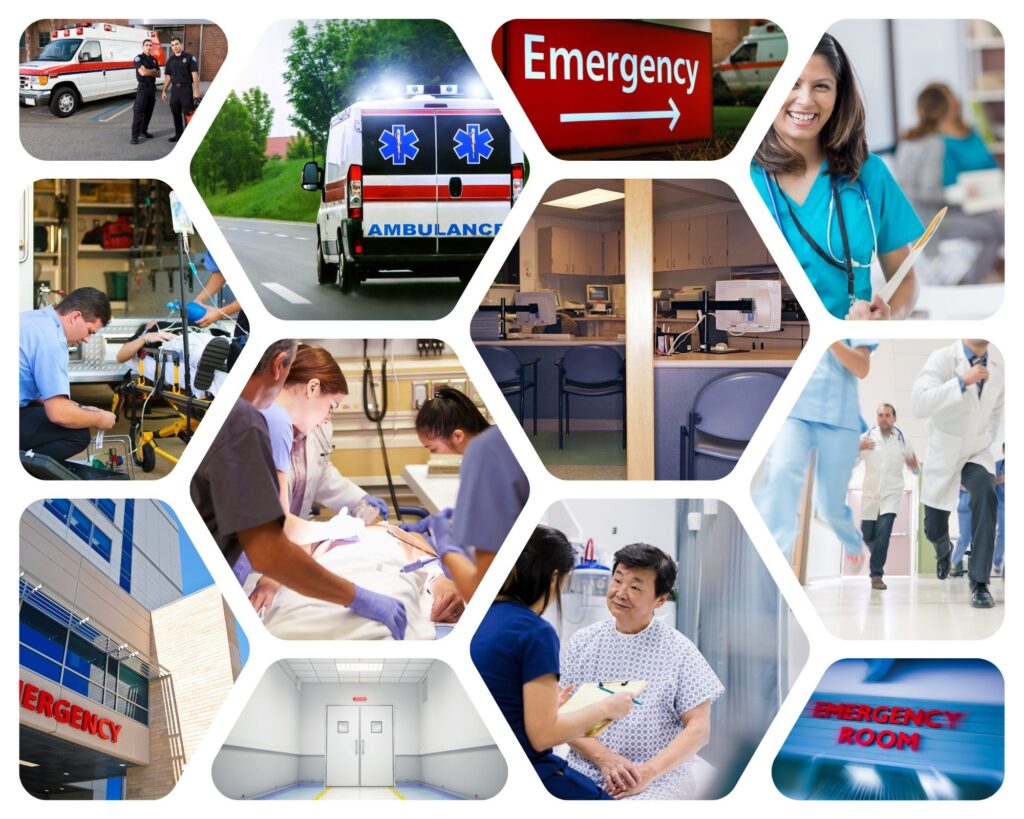Get to the ER fast, say doctors at Harvard Medical School, if any of these problems occur:
- Severe abdominal pain. Especially if there is vomiting, swelling or tenderness of the abdomen or fever. This may signal appendicitis, bowel obstruction or a perforated organ.
- Breathing difficulty. Go quickly if you have heart or lung disease, asthma, chest pain, rapid heartbeat, swelling, dizziness, pale clammy skin or swollen tongue or throat.
- Chest pain. People with coronary artery disease or angina should get help if pain begins during exercise and persists despite 10 minutes of rest or under-the-tongue nitroglycerin. It could signal a heart attack.
- Confusion or changes in consciousness. Sudden onset of confusion or memory loss is an emergency. Altered mental status could be a sign of stroke or other serious problem.
- Fractures. Suspected fractures should be evaluated promptly, except in the case of a finger or toe.
- Headaches. Most can be treated in the doctor’s office. Go to the ER if a headache is accompanied by confusion, nausea and vomiting, loss of sensation or muscle strength, fever or sensitivity to light.
- Numbness or tingling. Widespread numbness or tingling can be due to a stroke. Get help immediately if one side of the body is affected, vision is blurred or distorted or if speaking is difficult.
- Rash. Rash accompanies many illnesses, is a common reaction to certain foods and usually does not require immediate treatment. But purple spots on the skin accompanied by fever are signs of serious illness such as meningitis. Hives that appear after an insect sting are a signal to get immediate treatment.
- Vomiting. This is an emergency if it produces blood or material that looks like coffee grounds. These are symptoms of serious problems that should be treated immediately.
Remember Medicare Part B (Medical Insurance) usually covers emergency department services when you have an injury, a sudden illness, or an illness that quickly gets much worse.
Have Your Emergency Info Ready to Go!
The first page of the Caregiver Plan is the emergency information sheet. Having this form filled out and ready to go will save time and effort in an emergency. Don’t spend your time in an already stressful situation looking for your insurance information or list of medications.

